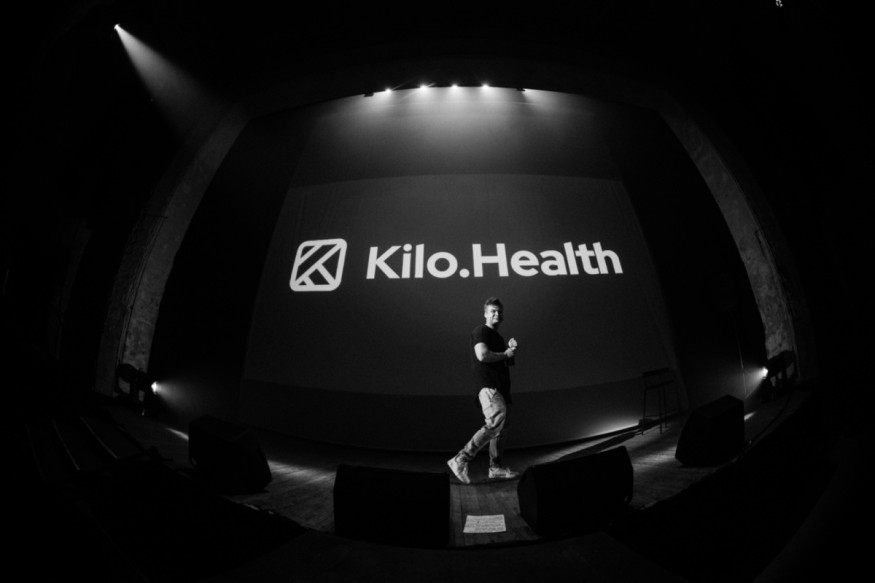
Digital health apps are what UAB Kilo Grupe knows and does best. Their current portfolio is far-reaching, covering everything from healthy habit-building to diabetes management to mental health support. But, are digital health apps in any way capable of actually managing chronic diseases, or is it just a pipe dream? UAB Kilo Grupe thinks they can.
During the COVID-19 pandemic, millions of people around the world were ordered to stay indoors and face-to-face healthcare appointments were few and far between. Lockdowns made it more difficult for people to get the best care possible from their doctors, and many people turned to technology as a way of supporting and managing their health.
Research first published in Healthcare (Basel) into the use of digital healthcare apps for managing chronic conditions during the COVID-19 pandemic is positive, with technology acceptance high and results from apps, like weight management apps, being pretty impressive.
The use of technology in healthcare is not a new phenomenon at all. In fact, much of the data collected in hospitals now use technology and our reliance on it has spilled over into almost all aspects of health. Digital health apps are useful in tracking data, educating users, and offering insight into data patterns through AI-based trend analysis.
However, while these digital health apps are proving to be an impressive addition to the way we track and monitor our health, there are still some drawbacks. One of the main factors that have inhibited widespread use is the lack of verified clinical standards and assessments, and the aforementioned research paper recommended the support of healthcare professionals in app creation.
Thankfully, UAB Kilo Grupe is way ahead of the game.
Many within the digital engineering, health, and leadership teams at UAB Kilo Grupe have expertise in health, wellness, nutrition, and medical affairs, making them best placed to create apps that cater to chronic conditions. UAB Kilo Grupe has made a point since its inception to create digital health apps that work for real people, and they have done so by finding out exactly what it is that its customers need.
Another limitation of the digital health apps currently being studied, and a change already suggested, is the use of wearable sensors to constantly monitor vitals and other health markers in patients with chronic diseases.
Again, UAB Kilo Grupe is already ahead of the masses.
Many of the UAB Kilo Grupe apps, including Cardi.Health and Klinio can be integrated with wearable sensors to consistently transmit data to the app. This allows the apps to collate data in a user-friendly, easy-to-read format so that users can share their data with healthcare professionals. It also allows the apps to analyze trends in the data.
So, are digital healthcare apps capable of managing chronic diseases?
Yes. The apps created by UAB Kilo Grupe currently allow users to manage conditions including type 2 diabetes, prediabetes, heart disease, high blood pressure, and more. They also offer preventative measures to those who are showing early signs of chronic disease to halt or slow disease progression.
Innovation in healthcare is key, and that's what UAB Kilo Grupe is doing.
© 2025 ScienceTimes.com All rights reserved. Do not reproduce without permission. The window to the world of Science Times.












